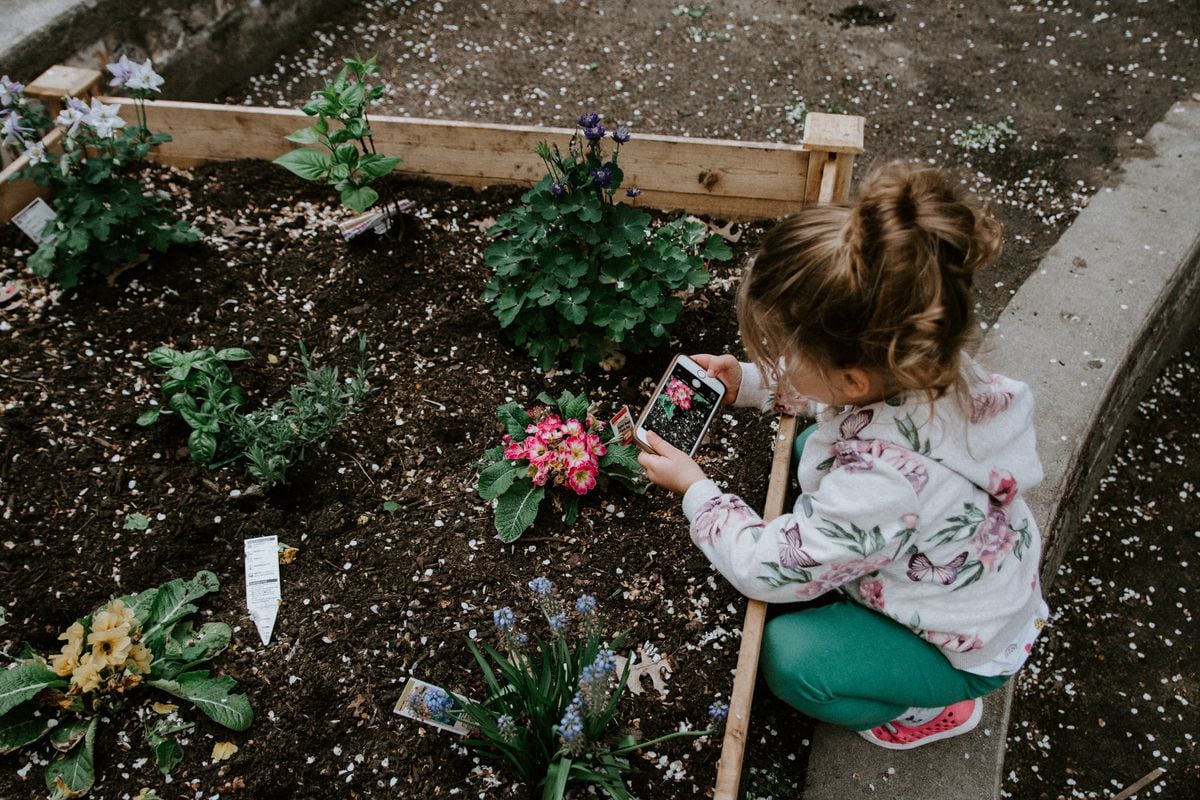TikTok, Instagram, WhatsApp, YouTube or Snapchat are some of the platforms where our children spend part of their free time. Some of them do it disproportionately and without any parental control and others, on the other hand, follow established guidelines as a family that help them make correct use of them.
Our children are digital natives, but, just because they are, it does not mean that they were born with the technological skills necessary to handle information and networks correctly, that they know all the dangers that the digital world can hide or the consequences that the misuse of technologies can behave in the present and in their future work.
Numerous studies alert us that minors in our country increasingly access technological devices at younger ages without having adequate training and adequate parental control. 95% of 10-year-old children have accessed the internet at some point without any adult control, nine out of 10 children under three years of age have been exposed to screens and 86% of 12-year-olds already have a mobile of your own.
The use of screens in children has caused an increase in cases of temporary and permanent visual disturbances such as: headaches, dizziness, tics, double vision, myopia or loss of 3D vision. In addition to the increase in children and young people with problems of overweight, hyperactivity and concentration.
Screens, if they are used correctly, can become a valuable source of information and learning, they provide us with quick and easy access to content and allow us to interact with other people in a dynamic and fun way.
On the other hand, if they are used incorrectly, they favor isolation, dependency, sedentary lifestyle and access to inappropriate content for minors.
Without a doubt, educating in internet times represents a great challenge for families. The networks have radically changed the way we inform ourselves, communicate and interact with others. The digital society in which we live makes us live too fast and hyper-connected and sometimes, even as adults, the information is so much that not even we ourselves can manage our time when using these devices.
There can be three types of families: those that consider the screens and the Internet as enemy number one in the lives of their children and prohibit their use in a radical way. On the opposite side, we find those moms and dads who consider that their children do not need support and specific training to use social networks correctly. And in the third group we find those who see the need to incorporate the use of technology in the education they give their children from responsibility and constant training.
Families must encourage our children to access the digital world gradually, with the necessary training so that they can immerse themselves in it and use it responsibly. We must prevent screens from becoming the only alternative to boredom or causing a disconnection from the real world that leads to possible isolation.
It is not about prohibiting their use, but it is about teaching them to properly manage the time they spend in front of the screens and to monitor the type of content they consume.
How can we help our children to make correct use of new technologies and mobile devices?
- Establishing clear and firm norms and limits of use that help our children to make proper use of the screens. These must refer to the time of use and the type of content or applications to which they can access. It will be convenient to implement parental controls for technological devices.
- Teaching them to use the Internet and ICTs responsibly, with respect for oneself and others, so that they know at all times the consequences that they may have if they do not use it properly. The Internet must be a space for positive coexistence where conflictive situations are avoided.
- Being interested and knowing the content that attracts their attention, they like and interest them. Training them to become critical and thoughtful consumers.
- Informing and making our children aware of the dangers that an incorrect use of the Internet and social networks can lead to. Cyberbullying, sexting or the grooming are some examples of dangers that young netizens sometimes face.
- Agreeing spaces and free moments to connect screens at home. Meals or family celebrations should be held without screens and their use should be avoided before going to sleep.
- Becoming the best example of the use of screens that they may have, preventing them from seeing us all day hooked to our laptop or mobile phone. Learning by imitation is the best way to educate in responsible use. Let’s not forget that for our children we are the best “influencers”.
- Offering alternative plans to the screens: organizing an excursion to nature, practicing sports or cooking together, going to the cinema or admiring a play.
- Being very attentive to the possible signs that can alert us that our children are making abusive use of the screens: decrease in family communication, progressive social isolation, sudden mood swings, apathy, demotivation, increase or loss of weight, fatigue or low academic performance.
As Manuel Castells says: “The Internet is much more than a technology. It is a means of communication, interaction and social organization ”. Let us ensure that the Internet becomes a source of information and learning and not a danger.
You can follow De mamas & de papas in Facebook, Twitter or sign up here to receive our biweekly newsletter.
–


